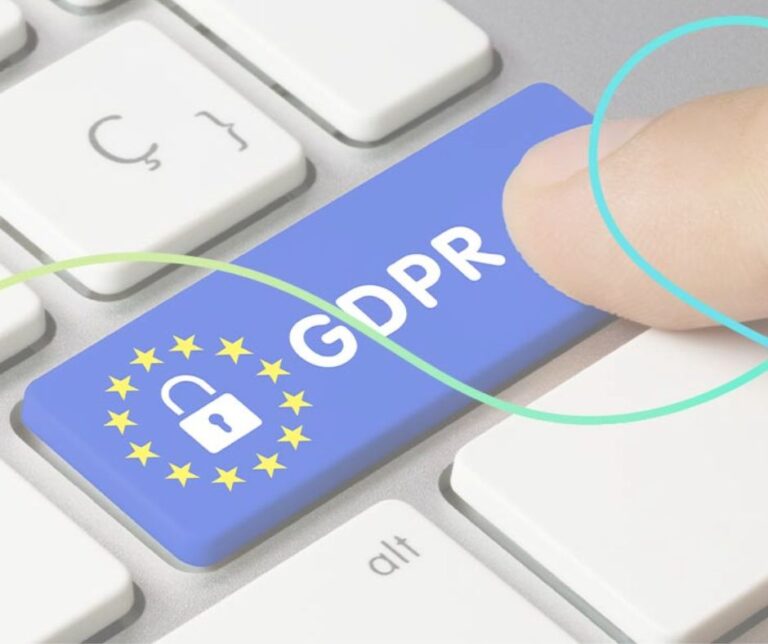
In an increasingly digital world, the protection of personal data is a crucial aspect for both individuals and organizations. The General Data Protection Regulation (GDPR) establishes a clear set of definitions and principles governing the processing of personal data, ensuring transparency and security.
What is Personal Data?
Personal data refers to any information related to an identified or identifiable natural person ("data subject"). A person can be identified directly or indirectly through various elements, such as:
- Name,
- Identification number,
- Location data,
- Online identifiers,
- Specific characteristics of their physical, physiological, genetic, psychological, economic, cultural, or social identity.
What does the processing of personal data mean?
The processing of personal data includes any operation performed on such data, whether using automated means or not. Examples of such operations include:
- Collection and recording,
- Organization and structuring,
- Storage and modification,
- Retrieval and consultation,
- Use and disclosure,
- Restriction, deletion, or destruction.
Fundamental Principles of Data Processing
To ensure a legal and fair framework, the GDPR mandates compliance with several essential principles in the processing of personal data:
- Lawfulness, fairness, and transparency – Data must be processed lawfully, fairly, and transparently for the data subject.
- Purpose limitation – Data must be collected for specific, explicit, and legitimate purposes and must not be processed in a way incompatible with those purposes.
- Data minimization – Only the data strictly necessary for the intended purpose should be collected.
- Accuracy – Data must be accurate and, where necessary, updated, with inaccurate information being corrected or deleted without delay.
- Storage limitation – Data must be retained only for as long as necessary for processing purposes.
- Integrity and confidentiality – Data must be processed securely and protected against unauthorized access, loss, or accidental destruction.
- Accountability – The data controller is responsible for ensuring compliance with these principles and must be able to demonstrate adherence to the regulation.
Conclusion
Adhering to the GDPR principles not only protects the rights of data subjects but also fosters trust in the digital environment. Understanding and correctly applying these rules is essential for any organization handling personal data. For further clarification and legal consultation, seeking advice from a data protection specialist is recommended.

